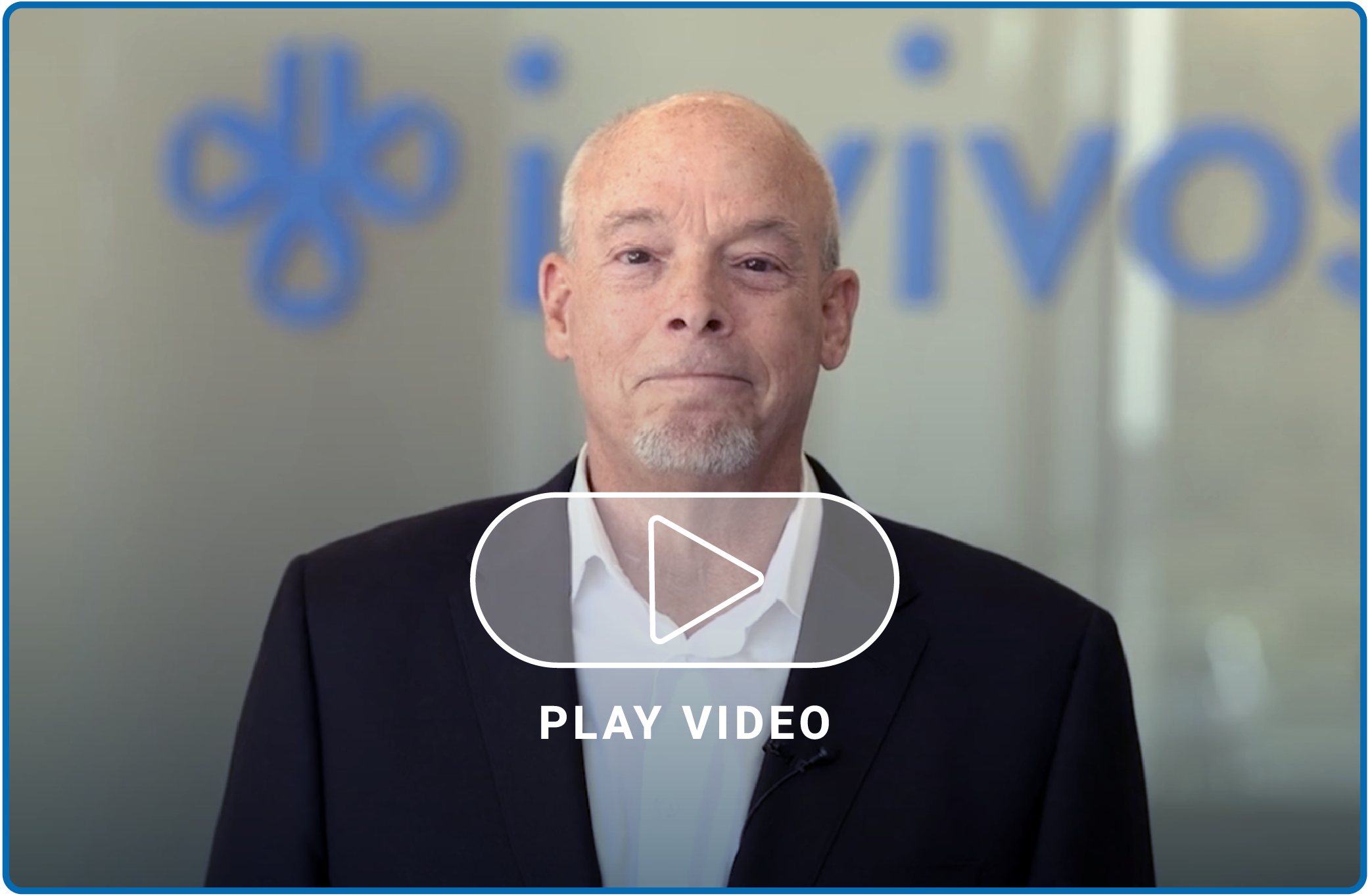Dear Colleagues:
As we begin 2024, I would like to take this opportunity to extend my heartfelt gratitude to our exceptional team, our valued customers, and our esteemed partners for the accomplishments of 2023. It gives me immense pleasure to highlight just some of the many significant milestones we achieved together in 2023, outline the myriad of projects we will advance and complete this year, and lay out our vision for the future direction of the company. Let’s begin with last year’s accomplishments:
Regulatory Approvals:
We were the second company globally to receive IVDR approval for a companion diagnostic in the EU. Approval of our LeukoStrat® CDx FLT3 Mutation Assay also paved the way for additional submissions and fueled our team’s drive to complete IVDR validation packages for several other of our molecular diagnostic assays.
We obtained U.S. Food and Drug Administration (FDA) approval for LeukoStrat® FLT3 CDx Assay to select patients for VANFLYTA treatment in the US, and received updated reimbursement for newly diagnosed AML patients for the Daiichi Sankyo drug, VANFLYTA, in Japan.
Exciting Collaborations:
Our collaboration with Foundation for the National Institutes of Health (fNIH) Biomarkers Consortium, working with Dr. Chris Hourigan’s lab at the NIH, proved to be groundbreaking in quantifying and standardizing measurable or minimal residual disease (MRD) as a predictor of relapse for patients with acute myeloid leukemia (AML). The potential clinical value of our FLT3 ITD MRD assay kits was showcased in an abstract (https://ash.confex.com/ash/2023/webprogram/Paper178839.html) presented at the annual ASH meeting and a forthcoming publication in JAMA Oncology.
We are following this study testing with our internationally standardized NPM1 MRD Assay, confident that this productive partnership will bring further advancements and benefits to AML patients worldwide.
Dr. Mark Levis, at Johns Hopkins, also highlighted in his abstract and talk at ASH, the clinical significance of tracking residual disease in patients using the same next-generation sequencing (NGS) based FLT3 ITD MRD Assay study, demonstrating a tight correlation between log reductions in residual disease and concomitant increase in patient’s overall survival (OS). Notably, there was clean separation and an increase in OS for each log reduction in residual disease as measured with our FLT3 ITD MRD Assay, which is now available both as a research-use-only (RUO) kit and as a service in our LabPMM centers worldwide.
Our study collaboration with Dr. Maria Arcila at Memorial Sloan Kettering Cancer Center resulted in a publication highlighting the performance of our LymphoTrack® assays used to identify clonotypes and track MRD in a range of hematologic malignancies (https://pubmed.ncbi.nlm.nih.gov/38103591/). From the abstract: “Assays performed both at internal and external laboratories showed highly concordant MRD detection (100%) and quantitation (R = 0.97). Overall, this NGS-based MRD assay showed highly reproducible results with quantitation that correlated well with Flow Cytometry MRD assessment, particularly for B-cell neoplasms.”
Launch of New Products/Services:
To fulfill an unmet need for international MRD Assays in AML, we launched two NGS-based MRD (RUO) Assays. Our FLT3 ITD MRD Assay (RUO) with Dockerized FLT3 ITD MRD software (RUO), and NPM1 MRD Assay (RUO) with NPM1 MRD software (RUO). These assays, complemented with Dockerized software, enable high-throughput laboratories to efficiently validate, automate, and streamline their testing and data analyses. Additionally, we introduced a Dockerized version of the LymphoTrack® Enterprise Software (RUO), designed to seamlessly integrate with our LymphoTrack clonality assays. These products facilitate fully automated testing and data management pipelines, particularly beneficial for large laboratories.
Our LymphoTrack® RUO assays identify and track the entire spectrum of lymphoid malignancies with sensitivity as low as 10-6 when sufficient cell equivalents are tested. A new NGS-based service with unprecedented sensitivity, the B-cell MRD Assay, is now available and being used across the LabPMM global network to monitor therapeutic response, and we envision this test eventually being used to serve as a surrogate endpoint in clinical trials.
Building on the successful launch of our CAP/CLIA validated multiparametric flow cytometry (MFC) AML MRD Assay on the 12-Color BD FACS Lyric platform, which received great reviews from our pharma and clinical trial partners, we launched a new CAP/CLIA validated MFC CLL MRD Assay. Our new MFC B-ALL MRD assay will be fully validated in early 2024, followed by a MFC Multiple Myeloma MRD assay. These highly sensitive and internationally standardized flow assays, using stable dried-down cocktail reagents, will allow us to realize the promise of performing both flow-based, and NGS-based MRD testing on the same pull of bone marrow and/or peripheral blood specimens for pharma partners conducting clinical trials anywhere in the world.
Other notable achievements include:
CAP accreditation for our clinical laboratory in Shanghai, contributing to clinical trial testing for key pharmaceutical companies for China studies;
A strategic partnership with Complete Genomics to develop a combination assay for identifying and tracking the most prevalent and clinically actionable MRD markers in AML patients.
Looking ahead, we are focused on further expanding and aligning our services globally. We are actively transferring and validating our service offerings of NGS tests, gene panels, bioinformatics, multiparametric flow cytometry assays, and MRD applications through our network of fully accredited laboratories in San Diego, Japan, China, and Germany to support clinical and pharma partners worldwide.
Our commitment to advancing medical research is evident in initiatives like our Biobank Repository. We updated and have made available to partners viably frozen aliquots of some 50,000 AML discarded and anonymized patient specimens, as well as characterized specimens representing other hematologic malignancies. This allows us to assist the clinical community in more quickly evaluating and validating drugs and diagnostic tests worldwide.
We also initiated work on our MarkerMatch™. This product, immediately connects the subscribing pharma partners with the physician and cancer center location of patients who are eligible for their clinical trials when identified at any one of 700 participating international clinical testing sites that use our standardized biomarker assays. Our goal is to assist our clinical trial partners seeking to expand enrollment in their international clinical trials, while maintaining patient confidentiality.
Your support and collaboration have been fundamental to our achievements over the past 30 years. As we embark on another year, we are excited about the prospect of continued collaboration, innovation, and providing cutting-edge products and services.
We wish you, your colleagues, and your families a safe, joyful, productive, and successful 2024.
Sincerely Yours,
Jeffrey Edward Miller, Ph.D.
Founder, Chief Scientific Officer, Chief Executive Officer & Chairman




